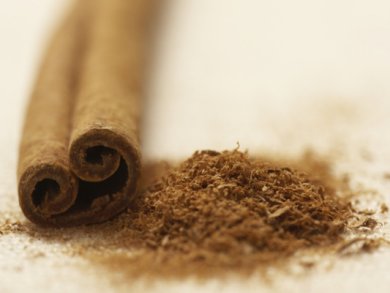Foodborne pathogens, such as the bacteria Salmonella typhimurium and Listeria monocytogenes, can cause severe diseases. Natural antibiotics, like cinnamon bark extracts (BCE), are an attractive alternative to chemical preservatives for the control of these microorganisms’ growth.
Laura Hill and colleagues, A&M University of Texas College Station, USA, developed a strategy to successfully deliver cinnamon bark extracts to food products. To this end, the researchers synthesized biodegradable nanoparticles using the biocompatible polymer poly-d,l-lactide-co-glycolide (PLGA). The encapsulation of cinnamon bark extracts into nanoparticles with different lactide to glycolide ratios allowed the researchers to obtain systems which gradually release the natural antibiotic.
As a consequence, when tested in vitro on Salmonella typhimurium and Listeria monocytogenes cultures, CBE-loaded PLGA nanoparticles inhibited the growth of both bacterial strain within 24–72 hours.
- Antimicrobial Efficacy of Poly (d,l-lactide-co-glycolide) (PLGA) Nanoparticles with Entrapped Cinnamon Bark Extract against Listeria monocytogenes and Salmonella typhimurium,
L. E. Hill, T. M. Taylor, C. Gomes,
J. Food Sci. 2013.
DOI: 10.1111/1750-3841.12069


